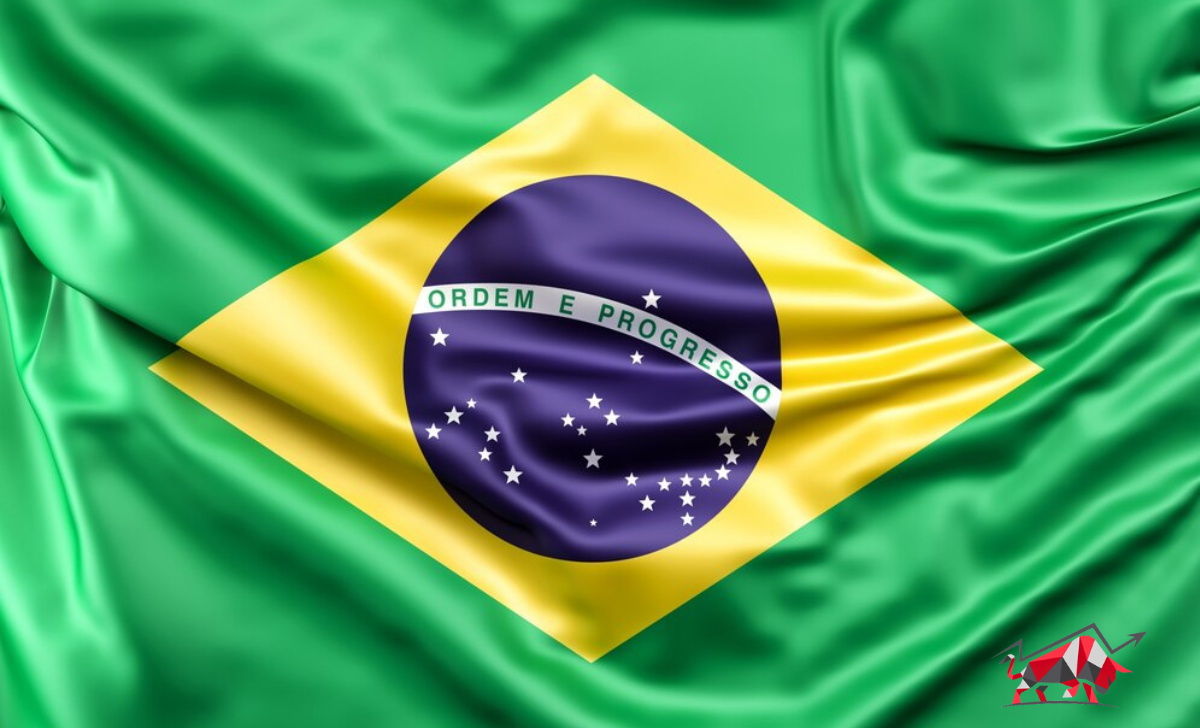Daniel Maeda, the superintendent of institutional investor supervision at the Comissão de Valores Mobiliários (CVM), revealed plans for Brazil’s second regulatory sandbox program set to debut in 2024 during the Rio Innovation Week on October 4. This initiative marks a significant stride in the country’s crypto landscape, paving the way for innovative use cases of tokenization.
The CVM, known for its progressive approach, aims to foster innovation without prior limitations, allowing diverse sectors to explore the potential of tokenization. With approximately $36 million in assets already tokenized, the CVM’s positive experiences have laid the foundation for this forward-thinking venture. Maeda emphasized the CVM’s interest in areas like agribusiness and Environmental, Social, and Governance (ESG), showcasing the regulator’s commitment to transformative technologies.
Maeda stated, “Through tokenization, the investor gains in transparency and lower costs, in addition to increasing the democratization of investments, which are values that the commission carries.”
However, the CVM plans to synchronize its efforts with broader changes in Brazil’s crypto market, including developments related to the country’s central bank digital currency, the Drex. The regulator’s approach mirrors a holistic perspective, considering global regulatory practices, including those of the United States Securities and Exchange Commission, to ensure a robust framework for the digital asset space.
Brazil Tightens Regulatory Framework
This announcement follows Brazil’s central bank’s proactive stance, tightening regulations in October amid a remarkable surge in crypto adoption. Governor Campos Neto highlighted concerns about potential connections between crypto usage and tax evasion or illicit activities, reinforcing the need for stringent oversight.
Moreover, Brazilian President Luiz Inácio Lula da Silva signed a comprehensive framework into law in June, delineating the distinct roles of the central bank and CVM in regulating digital assets. As part of ongoing efforts to protect personal data and prevent fraud, Brazil plans to implement a program issuing identification documents through a private blockchain in November, underscoring the country’s commitment to digital security.


